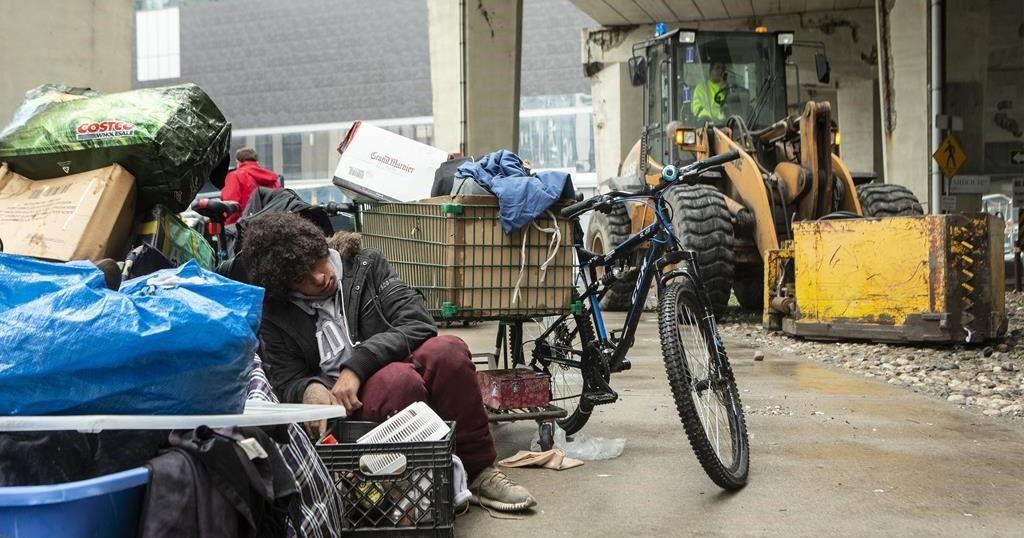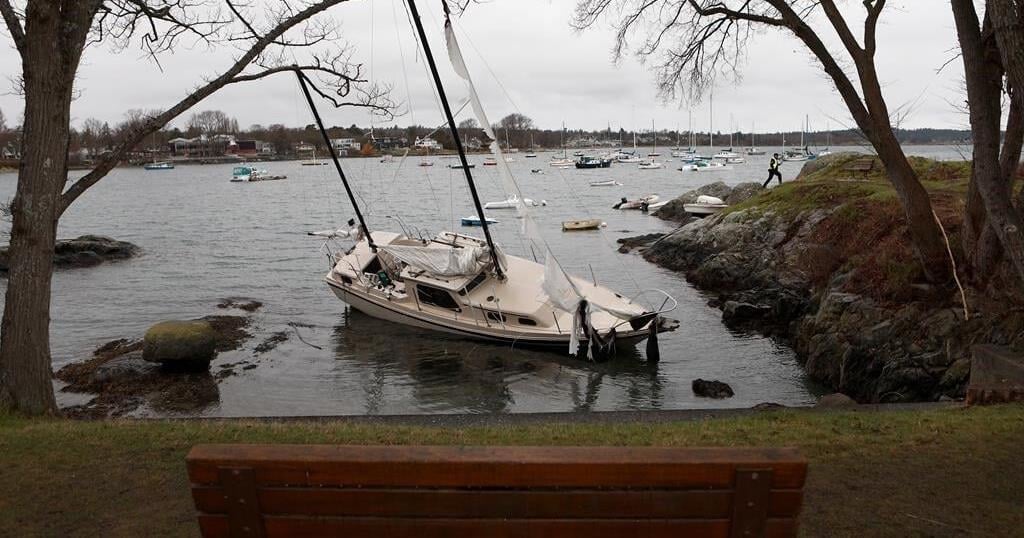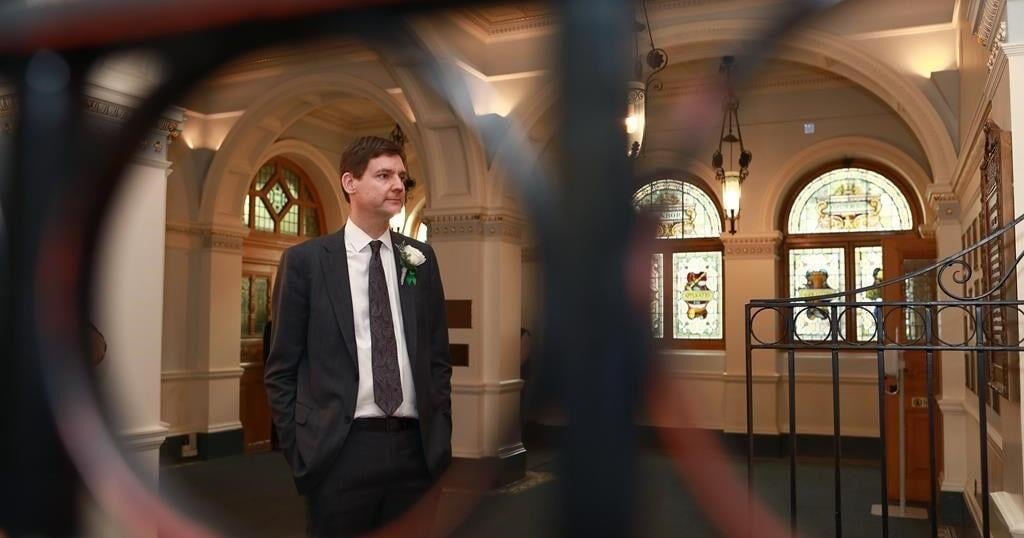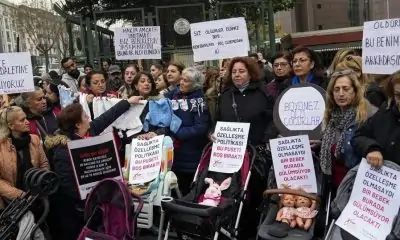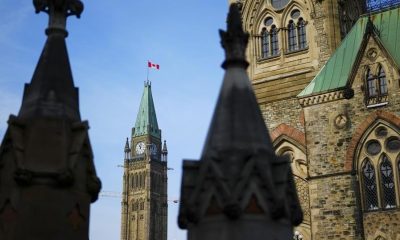Ontario Big City Mayors are asking the province to review mental-health laws and whether to expand the scope of involuntary treatment for people who are addicted to drugs and live on the streets.
The organization that represents 29 mayors of cities with more than 100,000 people say they are taking no position on treatment given without consent — a practice British Columbia’s government recently committed to expanding.
But they say they want to spark a discussion with the provincial government, noting homelessness has risen across Ontario since the COVID-19 pandemic, in communities big and small.
Encampments have popped up in recent years throughout the province, while the cost of both purchasing and renting housing has increased significantly.
Toxic overdose deaths are also up, and the mayors are demanding immediate action from both the province and the federal government.
Last year, nearly 2,600 Ontarians died due to opioids, a 50 per cent increase from 2019, with fentanyl and its derivatives especially affecting users in the homeless population.
“For those suffering from mental health and addictions in this province, there are not proper facilities that have capacity to give everyone who requires the care they need to get that care in a timely fashion,” said Josh Morgan, the mayor of London, Ont.
“That is an absolute crisis across this province and something that we know we need the government to move on.”
The mayors said Friday they would like the province to “urgently review” two laws, the Mental Health Act and the Health Care Consent Act, which allow for short periods of involuntary hospital admissions.
“The scope of the mental-health crisis that we’ve seen and how widespread it is was never necessarily contemplated when those acts were written,” Morgan said.
“So our ask to immediately review and update those acts in consultation with proper medical and health-care professionals, as well as municipalities and those impacted by the challenges faced on our streets, is a reasonable ask — to say, ‘Is that sort of treatment, or compulsory, or however you want to call it, mandatory treatment, the right thing to do?'”
Neither Health Minister Sylvia Jones nor Associate Minister of Mental Health Michael Tibollo has ruled out expanding involuntary treatment, but both say they prefer treatment to be voluntary.
They have also both said they are working on increasing the number of treatment beds.
In its upcoming legislative sitting, Premier Doug Ford’s government promised to legislate new rules to eliminate 10 existing supervised consumption sites that are within 200 metres of schools and daycares, and do away with needle exchange programs.
Instead, the province has said it will shift to an abstinence-based model, with plans to launch new “homelessness and addiction recovery treatment hubs” next year, plus create 375 highly supportive housing units at a cost of $378 million.
The province’s fundamental shift has sparked outrage among homeless people, advocates and health-care workers.
Alex Nuttall, the mayor of Barrie, Ont., was among several city leaders who were calling on mayors to take a collective position and outright ask for mandatory involuntary treatment laws from the province.
He said he’s happy with their softened position.
“When I sit there and make calls for the city of Barrie asking for more mandatory treatment and rehabilitation, I don’t know what those lines look like in terms of where those lines need to be created, what the pathways are into it, what the pathways are out of it,” he said Friday.
“And what you’re seeing here in this motion is a call for the provincial government to determine whether they need to strengthen what already exists in terms of mandatory care in this province.”
Encampments and open drug use have become a huge issue for the mayors, who launched a “solve the crisis” campaign earlier this year to spur the province to do more to help homeless people and beleaguered businesses.
There are 1,400 encampments across Ontario, the mayors say.
Among other asks, the mayors would like to see both provincial and federal governments join any court cases that may end up restricting the ability of municipalities to regulate and prohibit encampments.
They are calling for a vast expansion of residential and community-based treatment programs. The mayors also want reforms to the justice system to allow for referrals to rehabilitation centres for some offences rather than punitive measures such as incarceration.
They also want the federal government to spend the $250 million for municipalities it announced in the spring, as part of a promised national encampment strategy.
Cam Guthrie, the mayor of Guelph, Ont., said he is exasperated and fed up.
“We have an encampment and opioid addictions and mental-health crisis in our province and we should not be at another podium again asking for help,” he said.
“So we need the help of the province and we need it urgently, we need it now.”
This report by The Canadian Press was first published Oct. 18, 2024.

